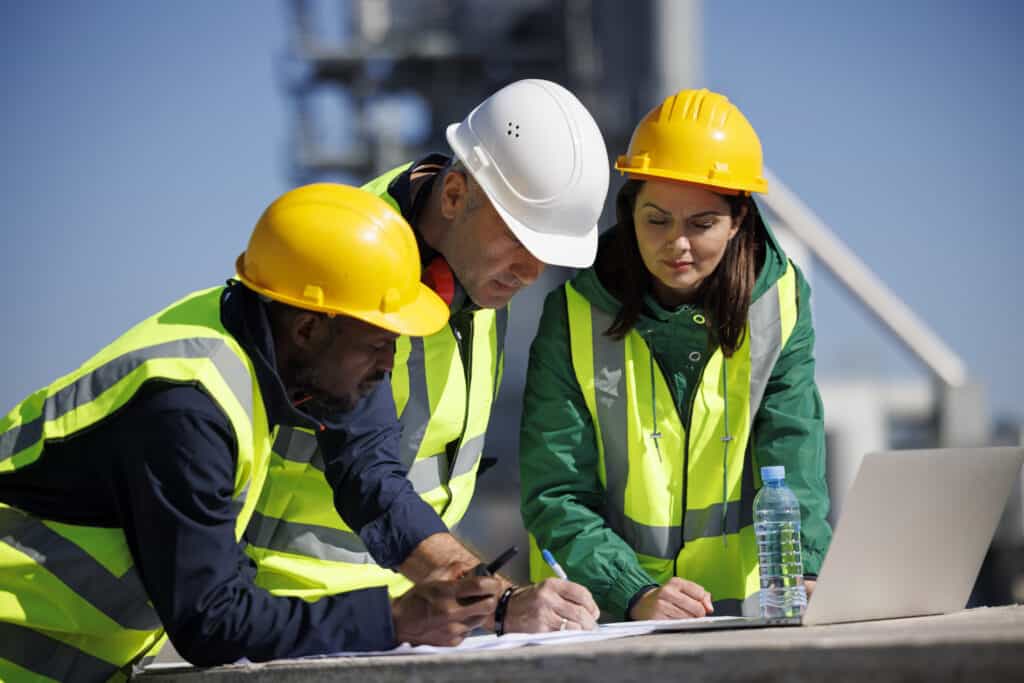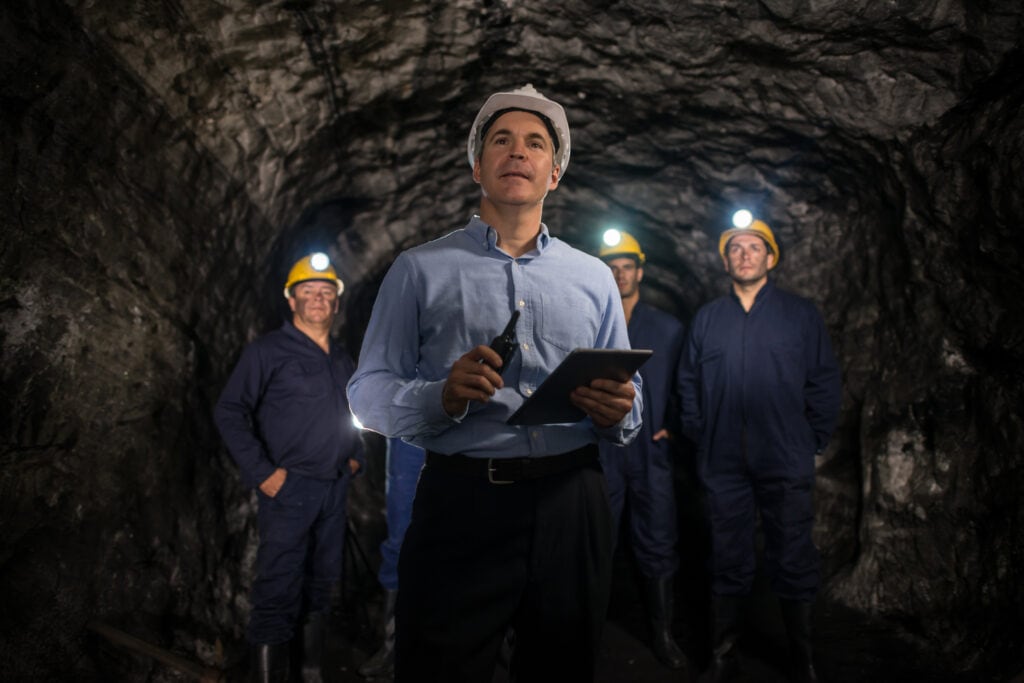The Production Foreman Profession
As a guiding force behind various production activities in a factory, the production foreman role is ideal for those wanting to share their extensive manufacturing sector experience. This leadership position demands a diverse skill set. What should you know about this industrial sector career?
Our job offers
Training Requirements for a Production Foreman Job
To become a production foreman, you must first gain experience as a production worker for several years. Then, you'll need to complete a professional specialization certificate that lasts for 360 hours (25 weeks).
This role demands more years of experience in the industrial sector than years of formal education. A solid understanding of the industrial sector's operations and realities is a sought-after prerequisite for filling the available production foreman positions.
It's worth noting that studies in construction, management, electricity, or civil engineering can also be considered relevant and could be advantageous when applying for a position.

Skills and Responsibilities of a Production Foreman
A production foreman plays a central role in organizing work and projects within an industrial company. They're responsible for guiding employees under their supervision and assigning tasks to meet expected production standards.
The tasks a production foreman must undertake include:
- Budget monitoring;
- Ensuring deadlines are met;
- Producing various documents to track the progress of projects under their supervision;
- Verifying workers' skills;
- Upholding safety rules and maintaining good working conditions within the company;
- Resolving issues to avoid prolonged production stoppages;
- Acting as a resource for team members;
- Ensuring a sufficient workforce for smooth company operations;
- Recommending improvements for established procedures.
To effectively carry out their duties, a production foreman must possess several qualities, such as strong organizational skills, coordination abilities, and problem-solving aptitude. Critical thinking and a well-developed sense of responsibility are also desirable traits.
Lastly, a production foreman is expected to have management skills to oversee the work of employees under their supervision and manage the factory's various operations.

Salary for a Production Foreman Job
A production foreman earns an average of $60,000 per year, which equates to around $30 per hour. The starting salary will partly depend on the new employee's years of experience.

Our other job offers
Our industrial welder assembler employees handle the installation and repair of welding equipment, execute welding on equipment parts, and perform reinforcement-related tasks. Moreover, they must ensure proper monitoring and interpretation of plans.
Our high-pressure welders in industrial jobs assemble and weld metal parts and pipes on devices where liquids and vapors circulate under pressure.
Industrial mechanics perform a variety of essential tasks for the proper functioning of industrial equipment, including maintenance, repair, installation, and modification of various equipment.
As industrial job workers in the production field, our labour is responsible for manufacturing various goods.
Machinists in industrial jobs operate and control machine tools to produce precision instruments and parts.
Our industrial painters apply paint on an array of surfaces, equipment, or parts.
Our production foremen efficiently organize work and projects in both on-site and factory settings for various industrial jobs.
Industrial pipefitting professionals work on pipe networks that transport liquids and gases at diverse pressures and temperatures.
Our industrial job polishers produce items with a perfectly smooth and uniform finish, polishing metal parts using tools such as grinding wheels, grinders, and sanders.
Industrial electricians maintain and enhance electrical installations to optimize performance and ensure proper operation.
Working in industrial assembly and fitting jobs involves various sectors. Our assembler-fitters perform tasks such as:
- reading and interpreting assembly plans and diagrams;
- fabricating, assembling, and fitting the structure;
- applying manufacturing, bolting, welding, rigging, and assembly processes.
Mechanical engineers in industrial jobs study, design, and develop heating, air conditioning, and ventilation devices and systems.
Industrial job electromechanics are responsible for maintaining, testing, restoring, and repairing components like electrical devices, electric motors, transformers, and connection equipment.
Our industrial job heavy equipment mechanics inspect, maintain, repair, and adjust various components and systems of heavy machinery, complying with each system's standards.


